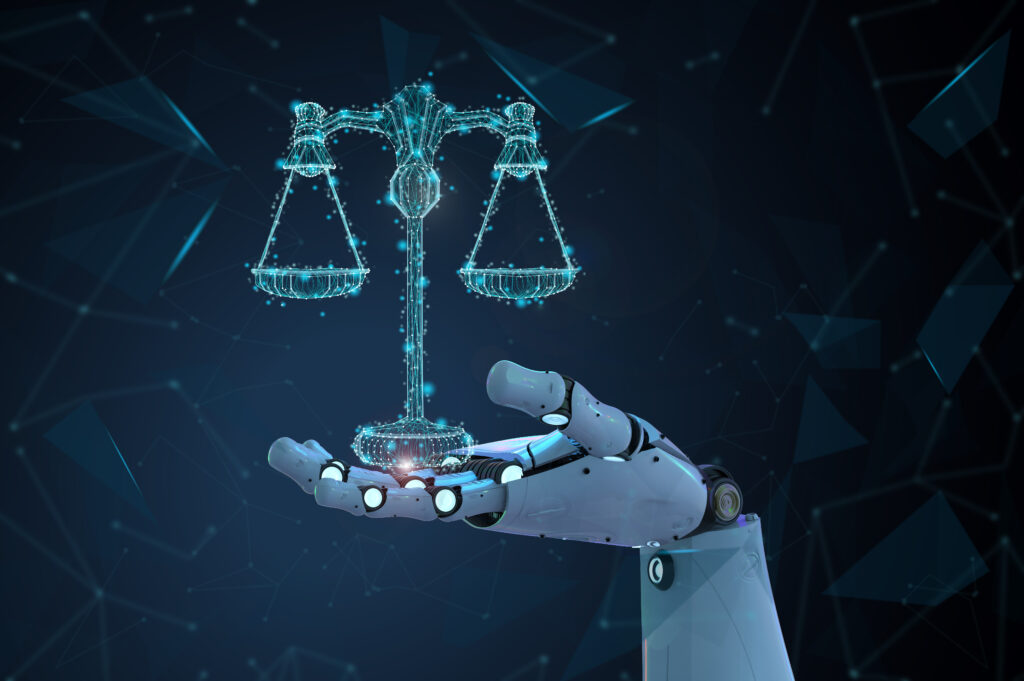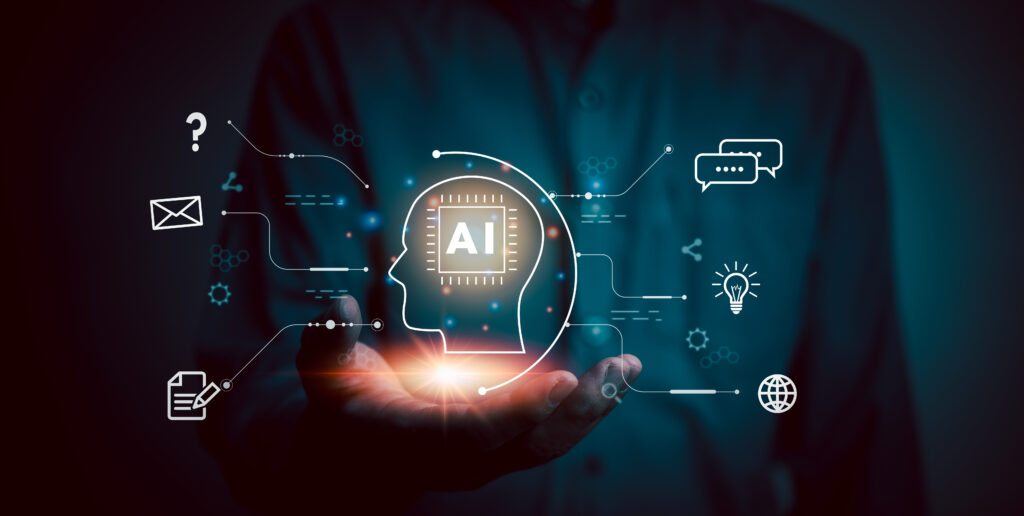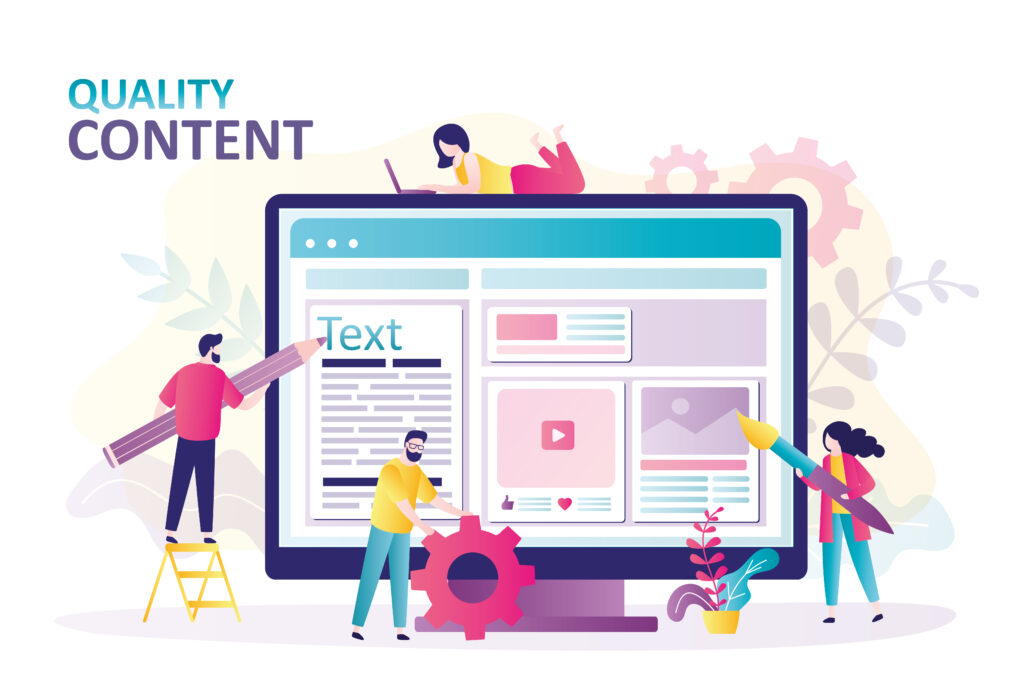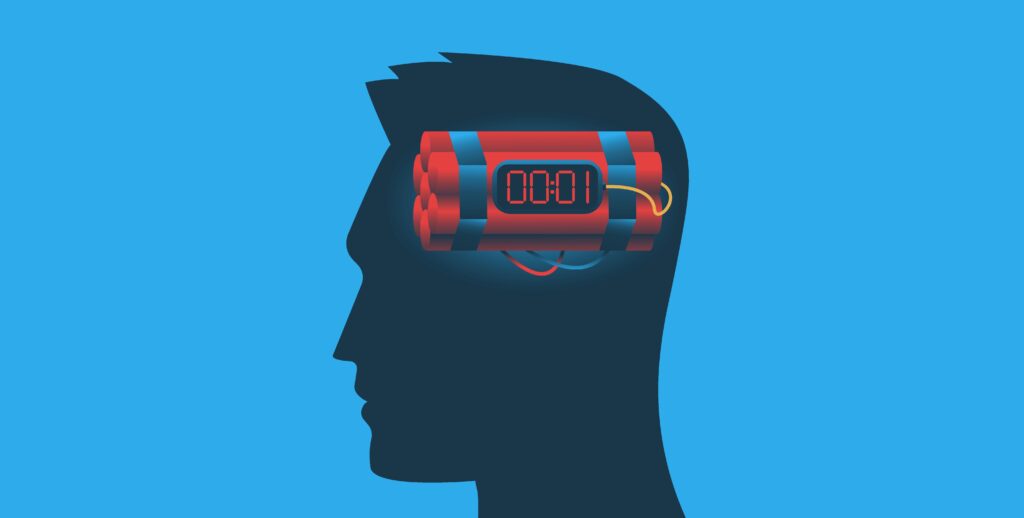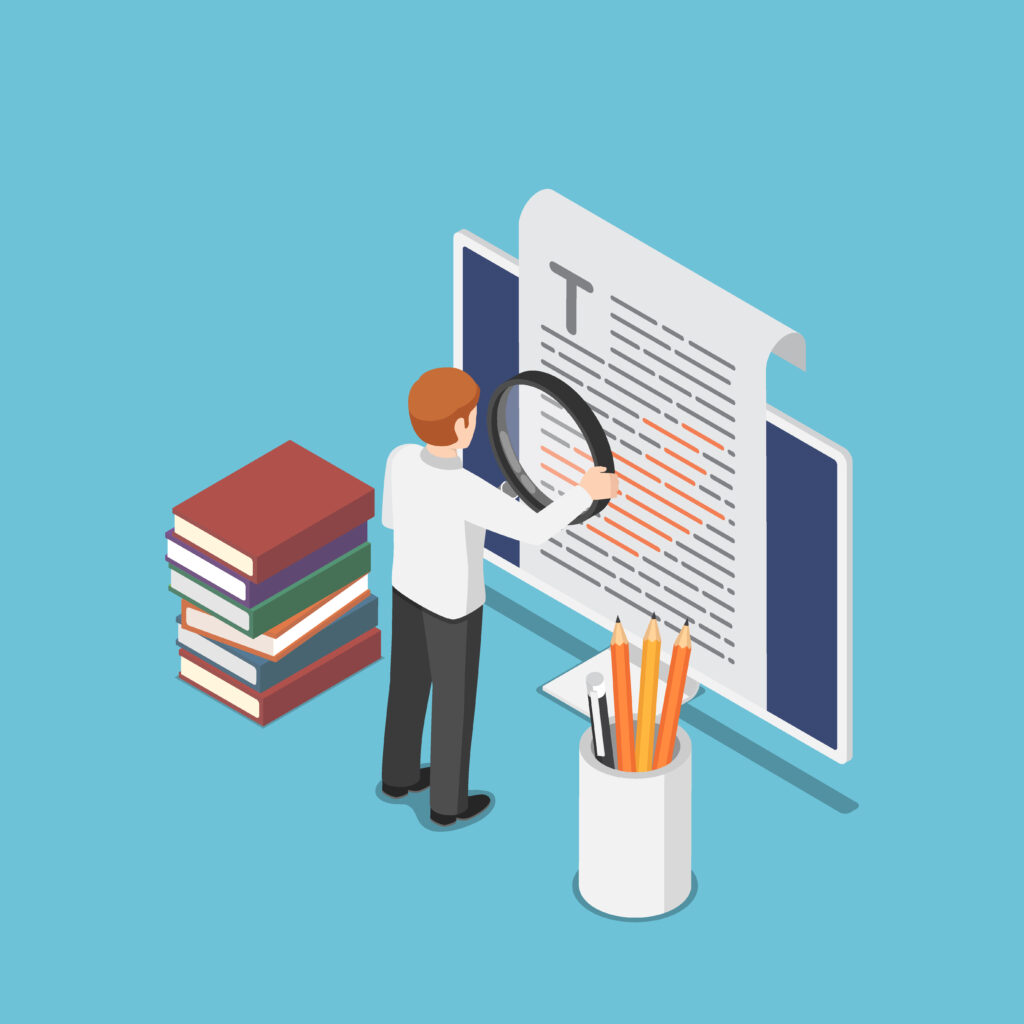The fuel you put into your body matters. Especially when it’s used toward defending clients, drafting motions, and sitting through depositions. As attorneys, you need to constantly be at the top of your game, which is why eating healthy is so important. After all, food affects your energy, memory, and overall health.
You might already be thinking, “Yeah, yeah, I know who the usual suspects are!” You know to avoid greasy fast food, skip the sugar, and eat plenty of vegetables. Unfortunately, you don’t always know exactly what you’re putting in your mouth, especially in America where everything seems to be loaded with sugars, dyes, and preservatives. Some foods that appear harmless and laud health benefits can absolutely be lying to your face. Before you know it, they’ve wrought havoc on your energy, mood, and digestion. And when that negatively affects your ability to advocate? Well, you just can’t let that happen! That’s why we’re here today with a list of the unexpected worst foods for your body (and your practice), so you can stay on alert and continue to perform at your best.
Why are we focusing in on health-related topics? In honor of the 2026 Health Law Institute that’s just around the corner! Join us in Philadelphia on March 12 & 13 for the event of the year for every health law professional! Designed for attorneys who represent healthcare providers, payors, patients, or regulatory entities, this program offers an in-depth look at the laws, policies, and compliance challenges shaping the rapidly evolving healthcare landscape. Reserve your spot today and we’ll see you in Philadelphia!
Read on!

Fruit Juice and Smoothies. We’re starting with perhaps the biggest offender on this list: fruit juice. Though fruits are full of vitamins, it’s best to consume them whole instead of in liquid form. As promising as “fresh-squeezed” sounds, it removes all of the fiber from fruit and leaves nothing to balance out all that sugar, which is absorbed quickly and all at once. This can spike your blood sugar, leave you jittery and feeling hungrier sooner. You need fiber to moderate that sugar impact and keep you energized. It’s also a must for your digestive system.
Smoothies are guilty of the same crime as fruit juice, but with even more offenders: added syrups, sweetened yogurt, and extra toppings can easily turn an innocent meal into a sugar rollercoaster. They can also be terribly high in calories. If you must, opt for making your own smoothies and include healthy options such as greens, Greek yogurt, and fresh berries.
Energy and Protein Bars. Our next offender is guilty of lying to the jury on multiple accounts. These granola bars laud themselves as energy boosters or great options for protein. It might be a quick and easy snack to grab between meetings, but twenty minutes later you’ll find yourself crashing harder than before! Energy bars are far from healthy and often teeming with added sugars, refined oils, inflammatory ingredients, and artificial flavors. They offer nothing more than a quick glucose spike followed by rapid fatigue, yet they’ve managed to somehow carve out a positive reputation for themselves. Even this picture above was labeled as “healthy” despite the massive amounts of chocolate and cereal you can clearly see. Egregious!
If you’re looking for better alternatives, opt for a handful of nuts or fresh fruit next time you need that afternoon energy boost.
“Diet” Versions of Food and Drink. That diet soda you drink every day? It may have the word “diet” in it, but it’s definitely not doing you any favors. Artificial sweeteners can still affect your gut microbiome, insulin response, and hunger cues. In fact, some studies suggest that diet soda can increase appetite, confuse your body’s metabolism, and disrupt sleep cycles. For lawyers dealing with tight deadlines and decision fatigue, that’s the last thing you need. Liquid calories can easily add up and are instantly absorbed into your body so you need to be extra careful about what you’re drinking. My advice? Stick to water.
Be wary of foods that boast they are “low-fat,” too. For example, low-fat yogurt might be low in calories and fat, but it often compensates for taste by adding high amounts of sugar. Sometimes, low-fat yogurt can have just as much, or even more sugar than ice cream!
Condiments. Ketchup, salad dressings, BBQ sauce…you’d be surprised at how much sugar is hiding in a dollop of your favorite topping. It’s also easy to forget about condiments when you’re focusing on the health of your main meal. Don’t let these sneaky calories catch you by surprise! Take the time to read the labels so you know exactly what you’re dealing with. If you’d like to see where your favorite condiment stacks up in sugar content, check out this article on Taste of Home.

Microwave Popcorn. Air-popped popcorn can be a nice light snack, but beware the bags of microwaveable popcorn! These versions often contain unhealthy mystery oils, trans fats, and added salt that can spike your blood pressure. That, and you’ll wind up making the entire office smell like burnt popcorn if you’re not too careful. Steer clear!
Bread and Bagels. Did you know that a bagel can cause blood sugar to soar even higher than a donut? This is due to its dense starch content. This isn’t me telling you to go out and buy a dozen donuts, though. White bread and bagels are stripped of fiber and break down into sugar almost immediately when they hit your stomach. If you’re patting yourself on the back for only eating whole grain…be careful. Just because the label says “12 grain” or “multigrain” doesn’t mean it’s a nutritional superstar. Many breads are made with refined flours and empty carbs that will leave you hungry and tired within a few hours.
Look for “100% whole grain” on the labels. Be sure there’s no added sugar. And finally, read through the ingredient list. Is it short? Good. Do you recognize every ingredient? Even better!
Oatmeal. This one…might be divisive. Oats are often considered a healthy food and can be seen as champions for cholesterol. But it must be said that not all oats are created equal. Many products are heavily processed and may contain residue from glyphosate, a pesticide increasingly scrutinized for potential health effects. On top of that, instant and flavored oatmeal often comes with added sugars, artificial flavorings, low fiber content, and a high glycemic load that leads to mid-morning crashes.
If oats are your breakfast darling and you refuse to give them up, then just be wise about which ones you’re buying. Look for organic, steel-cut oats or old-fashioned rolled oats. If you’d like to sweeten them up a bit, use natural foods such as fruit, cinnamon, or nut butter.
Unfortunately, even foods that do have health benefits can have hidden downsides depending on how they’re grown or processed. The best thing you can do is educate yourself and scrutinize exactly what you’re putting in your body. So be sure to keep checking those labels and reading through those ingredients!

You manage clients, calendars, and compliance…but your body deserves intentional care, too. It’s the most powerful tool in your arsenal, and it performs best when you are well-nourished. No lawyer can afford the constant fatigue, midday crashes, and headaches brought on by unhealthy foods, not with clients and colleagues depending on you. So take care of yourself. Be mindful of what you’re putting in your body and you will reap the benefits!
You’re ready to cut these foods from your diet. What do you replace them with? Come back next week for our next blog…12 Superfoods to Add to Your Diet!
